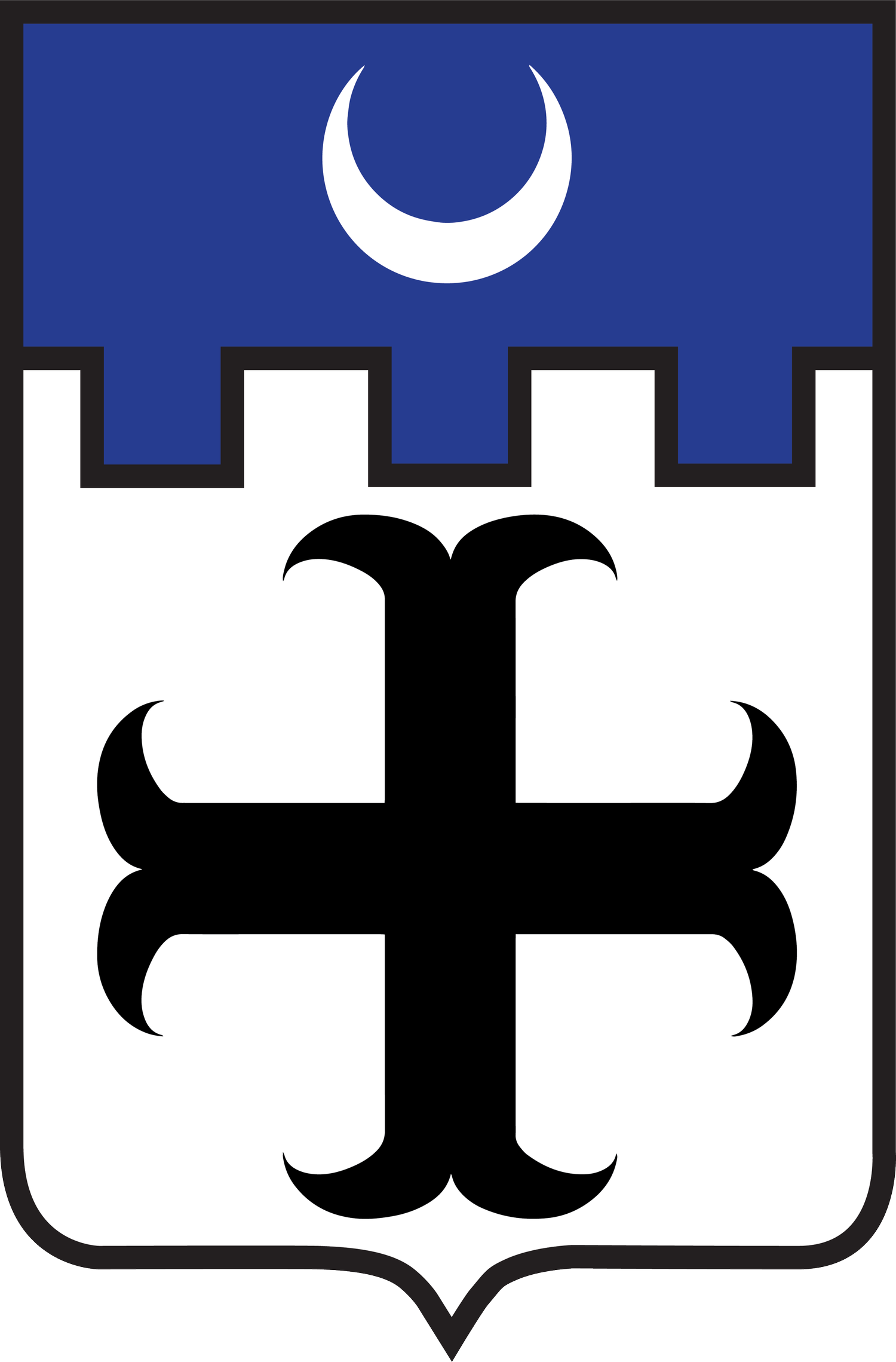Unum Nomen
By Br. Jean-Marie Hogan
This article was originally published in our July 2025 Kansas Monks newsletter. Read the whole newsletter at www.kansasmonks.org/newsletter/july2025
Fra Filippo Lippi. Saints Augustine and Francis, A Bishop Saint, and Saint Benedict.
You have probably heard this phrase before. You may also have heard the rest of the line: “That which we call a rose / By any other name would smell as sweet.” These sayings have become so much a part of common English parlance that their origin is often forgotten.
In its original context, the question, “What’s in a name,” appears in Act II, scene 2 of Shakespeare’s Romeo and Juliet. Lamenting the long-standing feud between their families, Juliet goes on to say, “So Romeo would, were he not Romeo called, / Retain that dear perfection which he owes / Without that title.” In other words, why should his name matter? Even if he were named something else, Romeo would still be the same man.
Nevertheless, Juliet knows that names do matter. He is a Montague. She is a Capulet. And Montagues and Capulets do not mix—not without quarrels and bloodshed. Unless he can find a way to “doff [his] name,” or she hers, their love seems destined to failure.
From Juliet’s perspective, his name is a sign of division. But names can also be signs of communion. Let me point to two such names: Pope Leo XIV and Archbishop Shawn McKnight.
On May 8th, Robert Francis Cardinal Prevost was elected the 266th successor of St. Peter. According to ecclesial custom, he received a new name upon his election. While a papal election is not a sacrament, it is worth noting that the other moments in which the faithful receive new names—Baptism and Confirmation—involve the conferral of a new identity in Christ and a particular mission in the Church. The new pope’s name signifies both a generic communion with the previous supreme pontiffs, all the way back to St. Peter, and a specific communion with those who bore that name before him (e.g., Pope Leo XIII and Pope St. Leo the Great).
The Holy Father’s motto, In Illo Uno Unum, expresses the unity of Christians in Christ.
The Holy Father’s motto, In Illo Uno Unum, expresses the unity of Christians in Christ.
This motto comes from his order’s founder, St. Augustine. Commenting on Psalm 128 [127], the Doctor of Grace writes that Christians, though many, are “one in the one Christ.” Ever attentive to the Divine Word, St. Augustine points out that this psalm begins in the plural—“blessed are all those who fear the Lord, who walk in His ways”—but then switches to the singular—“for you (sg.) shall eat the labors of your hands; blessed shall you (sg.) be, and it shall be well for you.” By abiding in Christ, we become members of His Body. This unity does not destroy the uniqueness of each of the members; rather, as St. Paul says in I Corinthians 12, spiritual gifts are distributed throughout the Body of Christ by the one Holy Spirit.
By abiding in Christ, we become members of His Body. This unity does not destroy the uniqueness of each of the members; rather, as St. Paul says in I Corinthians 12, spiritual gifts are distributed throughout the Body of Christ by the one Holy Spirit.
On May 27th, at the Mass for Archbishop McKnight’s installation, Cardinal Pierre (Apostolic Nuncio to the United States) read the Apostolic Mandate naming him as the new bishop. He then handed the document to Archbishop McKnight, who showed it to the clergy and faithful in attendance. This gesture concretely signified the new archbishop’s communion with the vicar of Christ.
The spiritual significance both of the papal election and of the archepiscopal installation could scarcely be better expressed than in the words of Preface VIII for Sundays in Ordinary Time: “For, when your children were scattered afar by sin, through the Blood of your Son and the power of the Spirit, you gathered them again to yourself, that a people, formed as one by the unity of the Trinity, made the body of Christ and the temple of the Holy Spirit, might, to the praise of your manifold wisdom, be manifest as the Church.” We pray for “Leo our Pope and Shawn our Bishop” that they may be effective signs of communion for all the faithful.



